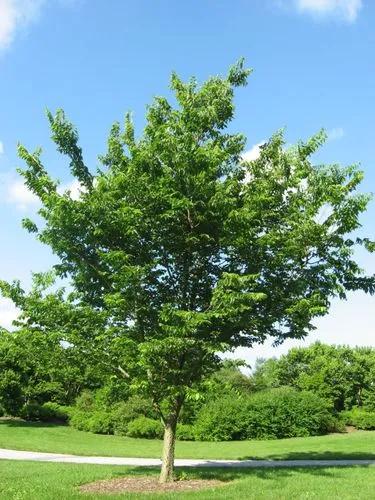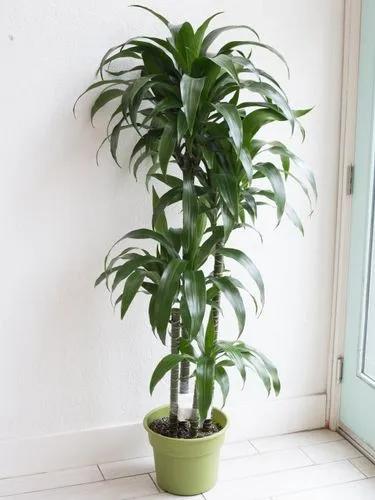Quercus infectoria, the Aleppo oak, is a species of oak, bearing galls that have been traditionally used for centuries in Asia medicinally. Manjakani is the name used in Malaysia for the galls; these have been used for centuries in softening leather and in making black dye and ink. In India the galls are called majuphal among many other names.
Aleppo Oak Care
Quercus Infectoria



What is the plant
Quercus infectoria is a small tree native of Greece and Asia Minor, with one to two metres (four to six feet) in height. The stems are crooked, shrubby looking with smooth and bright-green leaves borne on short petioles of 3 to 4 cm (1 to 1.5 inches) long. The leaves are bluntly mucronate, rounded, smooth, unequal at the base and shiny on the upper side.
The galls arise on young branches of the Quercus infectoria tree when gall wasps sting the oak tree and deposit their larvae the chemical reaction causes an abnormality in the oak tree causing hard balls to be formed. They are corrugated in appearance.
Related Plants
Discover more plants with the list below
Popular articles






